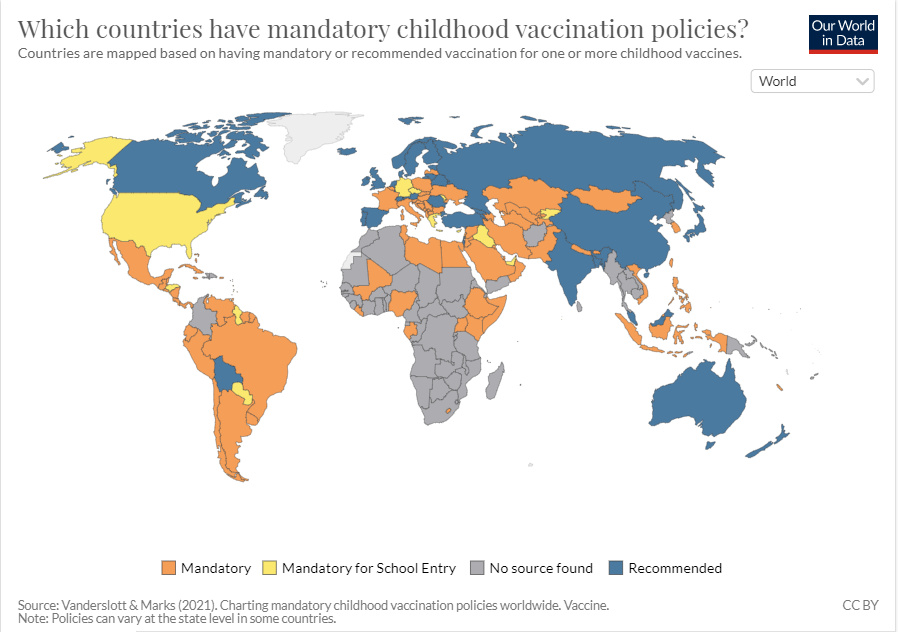Health is a sustainability issue
By Di, May 03 2022Rare and neglected diseases remain a serious problem in our modern world, despite advances in science and technology. Big pharmaceutical companies don't fund research and development into treatments for these diseases because they aren't profitable. The drugs end up costing much more to make than they'll earn back, so they remain un- or underfunded.
Each rare disease affects relatively few people, so the market is too small to make a profit on treatments. Neglected diseases affect about 1 billion people, but most are in underdeveloped, tropical countries. So, although the market is big, treatments are a poor return on investment because the countries can't afford to pay for them.



